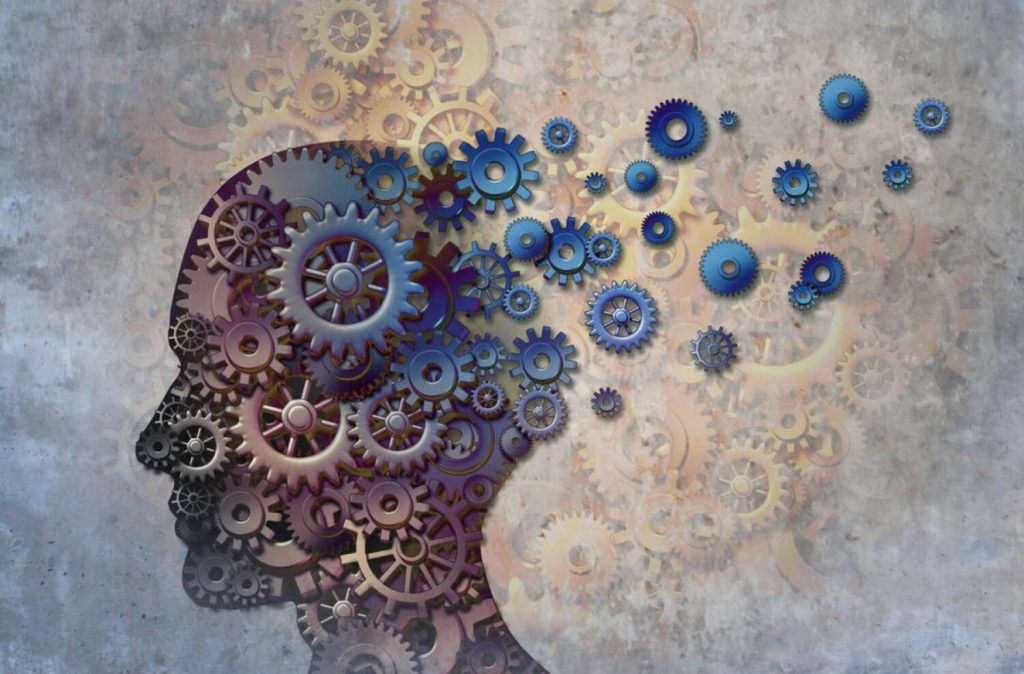Artificial intelligence can help to assist Alzheimer’s and dementia patients in recalling their memories, according to psychologist Alya Khoory. She explained that this technology creates clear images and videos through artificial memories, which are developed based on the patient’s remaining memories or through interactions with their relatives. These visual aids help patients recall significant moments, ultimately improving their overall memory capabilities.

During a visit to the Emirati Health Services (EHS) booth at Arab Health 2025, Khoory announced that the first application of this innovative technology is expected to be launched in April at Al Amal Hospital in Dubai. She highlighted that successful trials have already been conducted in countries like Spain and London, showing that these methods can significantly enhance the quality of life for patients suffering from memory-related disorders.
Khoory elaborated on the process of creating synthetic memories, stating that this approach utilizes advanced generative artificial intelligence alongside cognitive psychology. It aims to recreate visual and sensory experiences that may have faded or been lost over time. She emphasized that the algorithms will be tailored to fit UAE culture, incorporating local features, clothing, traditions, and locations to create realistic memories closely tied to the patient’s experiences.
The creation of artificial memories involves gathering traditional images of significant places, such as museums, neighborhoods, and mosques. With the patient’s input, details like recalled memories, experienced situations, and familiar people are collected. These elements are then enhanced using artificial intelligence to deliver a customized experience for each individual. Khoory noted that unlike natural memories stored in the human brain, artificial memories are generated through advanced algorithms that convert verbal or written descriptions into vivid images or short videos, allowing patients to revisit cherished moments in a new and innovative manner.
Khoory added that this method could also create memories of daily routines, which may aid patients in adapting to society and becoming familiar with their surroundings. She indicated that this technique might help slow down the progression of Alzheimer’s and dementia by countering the processes that lead to these diseases. Furthermore, artificial memories are also being designed for patients with psychological disorders. Khoory mentioned their collaboration with the Mohammed bin Rashid Centre for Government Innovation to tailor images specifically for each individual.

Leave a Reply